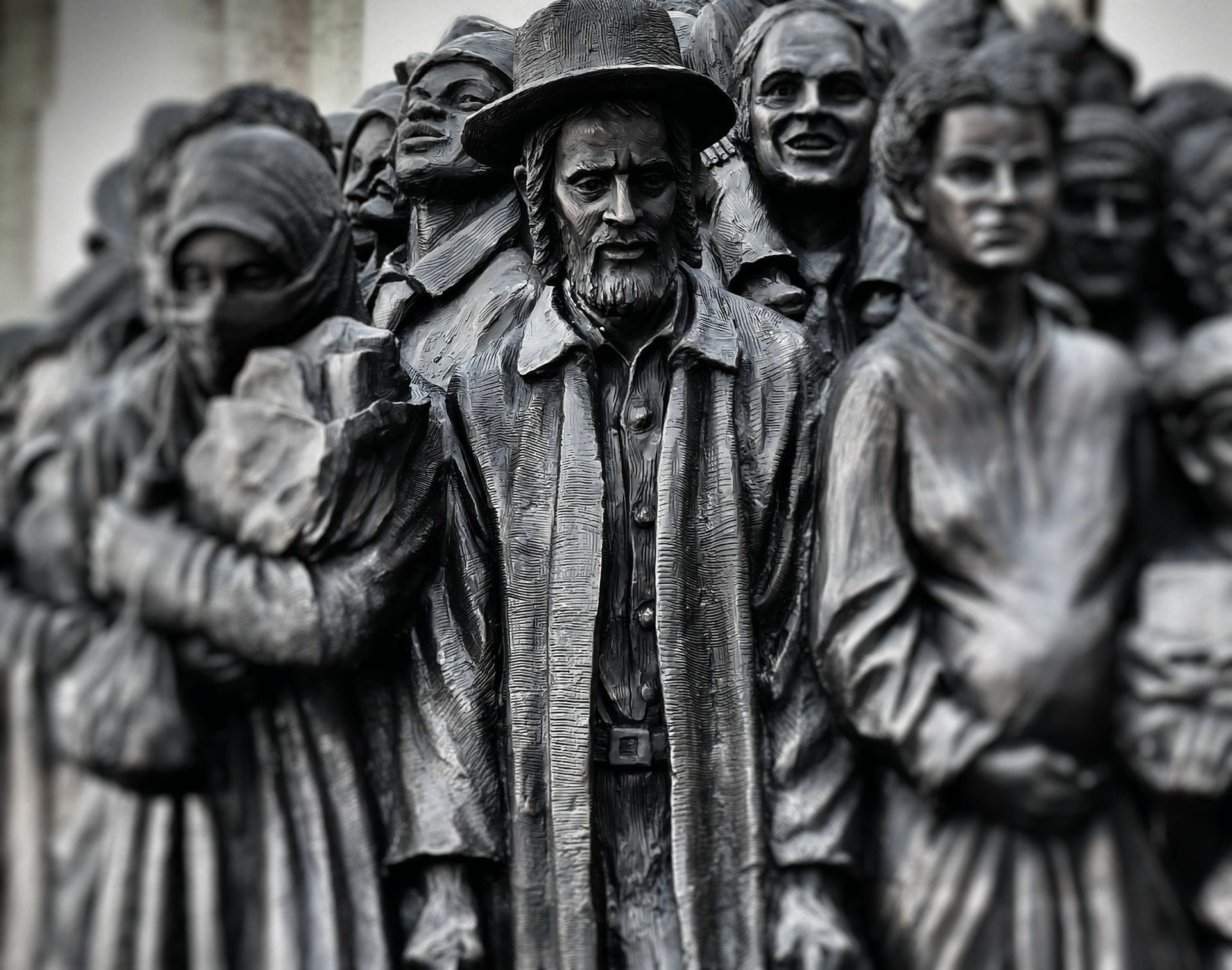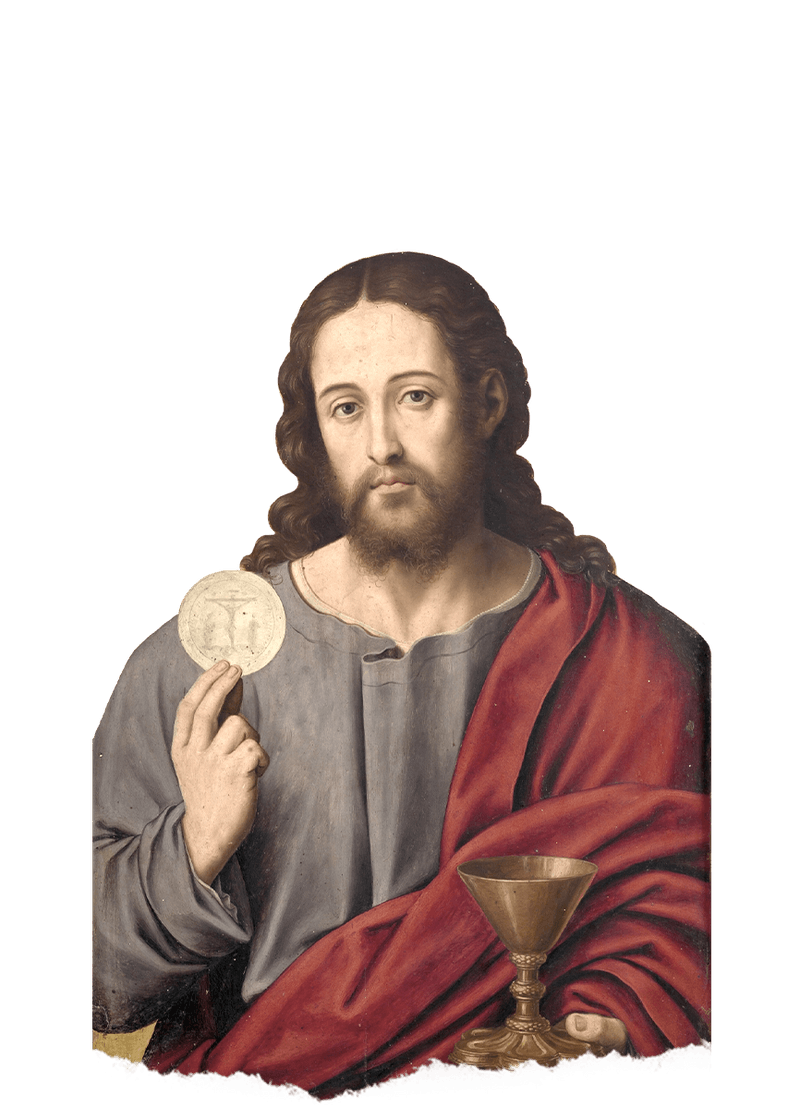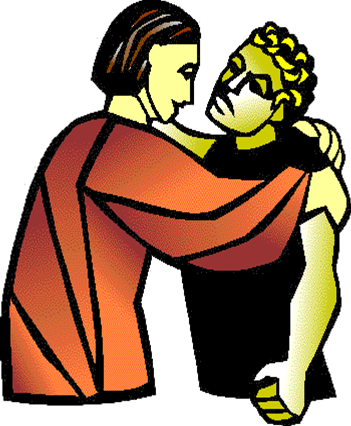On the last Sunday in Ordinary Time, Holy Mother Church celebrates the solemnity of Our Lord Jesus Christ, King of the Universe which marks the end of the Church’s liturgical calendar. This feast, elevated into a solemnity by Pope John XXIII, was formally instituted by His Holiness Pius XI in his December 11, 1925 Encyclical Quas Primas “that the faithful would gain strength and courage from the celebration of the feast, as we are reminded that Christ must reign in our hearts, minds, wills, and bodies (# 33).” It was a classic response to the rapidly growing disbelief among Catholics in Christ’s saving message enormously influenced by secularism, a belief that decries anything spiritual and religious, a manner of life as if God, the supreme being that inhabits the vast universe: from the largest galaxy to the tiniest sub-atomic particle, doesn’t exist and nothing beyond the physical world. At a time when respect for Christ and his Church had dramatically declined, Pope Pius XI announced the feast to encourage the Catholic Faithful (and unfaithful) as well to boldly proclaim and honor Christ’s power and sovereignty over all creation, above all things, and let it be the source and center in all aspects of life. We still engage in the daily grind, in the rough and tumble of life while faith and morals are integrated. Hence, it’s observed.

The second book of Samuel recalls the anointing of David as Shepherd and King of Israel (2 Sam 5: 1-3). The letter of Paul to the Colossians in the second reading attributes a hymn to the divine kingship of Christ: image of the Invisible God, firstborn of all creation, source of all created things, head of the body, the Church, firstborn from the dead and crucified King. “He is the image of the Invisible God, the firstborn of all creation. For in him were created all things in heaven and on earth, the visible and the invisible, whether thrones or dominions or principalities or powers; all things were created through him and for him. He is before all things, and in him all things hold together. He is the head of the body, the church. He is the beginning, the firstborn from the dead, that in all things he himself might be preeminent. For in him all the fullness was pleased to dwell, and through him to reconcile all things for him, making peace by the blood of his cross through him, whether those on earth or those in heaven (Col. 1:12-20)."
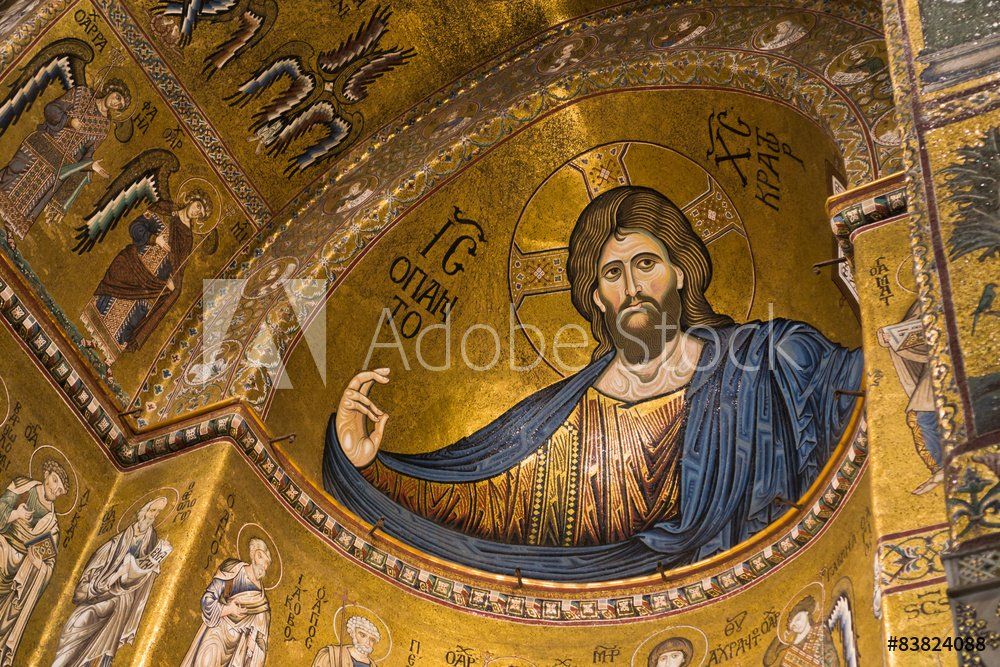
Throughout the year, we have heard Luke’s story of Jesus about the kingdom of God. It is believed that the author of the Gospel was a medical physician by profession and a master storyteller who addressed his writing of the Good News of Jesus in an orderly manner to Theophilus (Lover of God). He described the kingship of Jesus as the most visible symbol of God’s love to humanity with a special focus on those living on the edge, those at the fringes: the needy, the lowly, the poor, the hungry, to name a few. The following stories illustrate his vision: the healing of the man with a withered man on a Sabbath, the Sermon on the Plain, the Parable of the Sower, the Good Samaritan, the Lost Sheep, the Lost Coin, and the Lost Son, the Prodigal Son, the Rich Man and Lazarus, the Dishonest Manager, Martha and Mary, the Healing of the Ten Lepers, the Widow’s Mite, the Pharisee and the Tax Collector, and the dramatic conversion of Zacchaeus. Jesus is the kind of king who seems confusing, coming to us in disguise, in cognito, born under the law, bone of our bone and flesh of our flesh, one of us, vulnerable like we are, subject to temptation and death, but resisted and accepted it.

In the Gospel, the rulers jeered at him and said, “He saved others, let him save himself if he is the chosen one, the Christ of God.” (Lk. 23:35). The soldiers did the same, “If you are the king of the Jews, save yourself.” (Lk. 23: 36) Even one of the criminals beside him said, “Are you not the Christ? Save yourself and us ( Lk. 23: ).” No response. It was annoying. He could have escaped the excruciating pain but he stayed, nailed on the cross, bloody and bowed. Silence was the answer. We know the end of the story, he saved us by dying and rising. It looked like it was a defeat with no chance of a come- back and a blow- out win for his critics but no, it was the biggest upset. The other (penitent) criminal surprisingly begged to differ from everyone else and briefly uttered , “Jesus, remember me when you come into your kingdom.” (Lk. 23: 42) At last, Bingo! he promised the good thief with the last verse in the Gospel of the year, “Today you will be with me in Paradise (Lk. 23: 43)." What a relief to hear Jesus’ assurance and promise that those who acknowledge him will join him in Paradise. I don’t know any appropriate way in which to end the liturgical year than an open invitation to join him in suffering, pain and death, bear the insult and the brunt of evil. Amen.
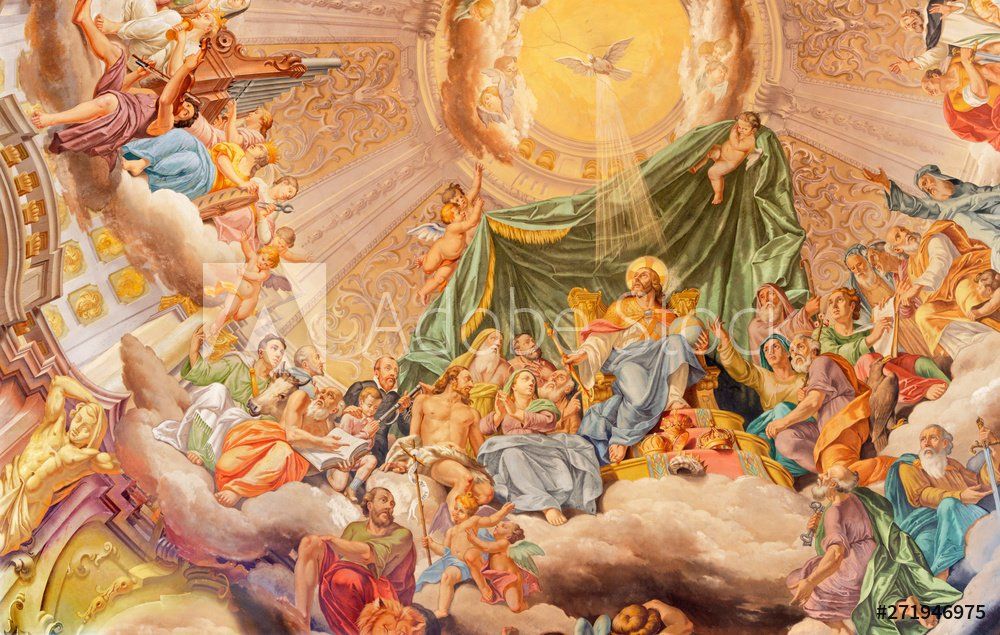
PARISH BLOG
